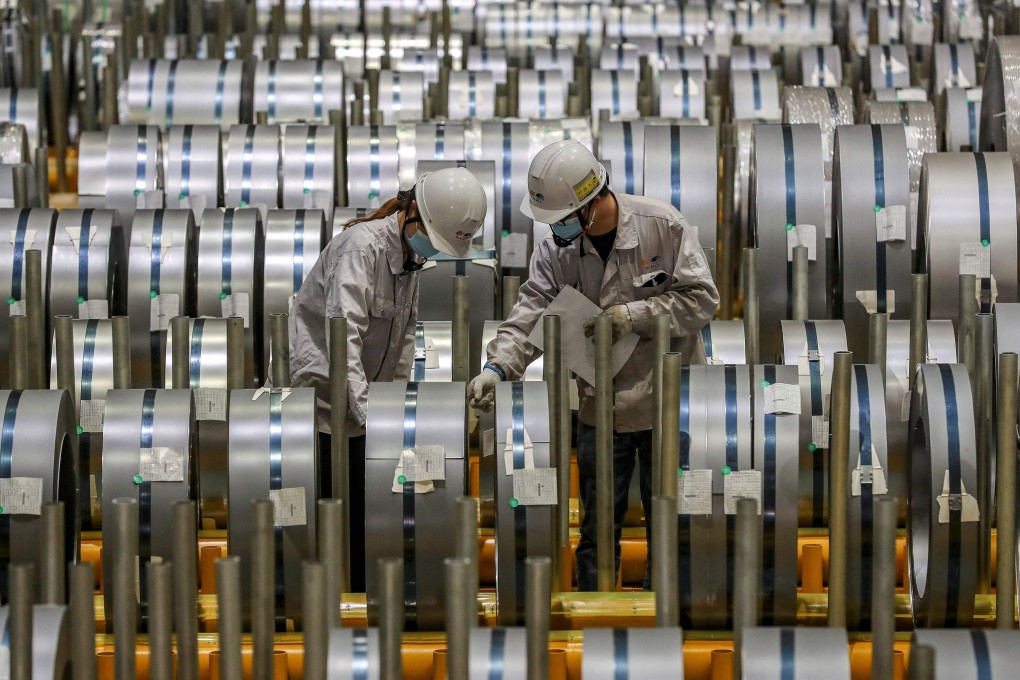Chinese firms outpace regional counterparts in ‘de-risking’ supply chains as trend grows in Asia-Pacific, survey finds
- Poll of 800 business leaders in Asia-Pacific region suggests geopolitical and regulatory risks are overtaking cost as a determining factor
- China’s leadership has been very vocal in wanting to diversify supply chains away from risky external environments, with an inward-looking approach

Mainland Chinese businesses and their Asia-Pacific neighbours are increasingly directing their focus towards supply chains and investments closer to home as fears over trade disputes and protectionism rise, according to a poll by multinational law firm Baker McKenzie.
Among Chinese business owners, most are sticking close to the reliably large Chinese market and opting for nearshoring – using nearby countries for business services and insourcing – or relying on affiliated and in-house suppliers, according to the firm, which compiled the poll results in its “State of Play: Supply Chains and Trade Realignment” report.
For others in the Asia-Pacific region, many businesses have started changing their supply chains by adopting similar strategies of nearshoring, insourcing and onshoring, which is the transfer of supply chains back home from an overseas location.
Both approaches point to increasing protectionism born out of a need by businesses to guard against trade wars and political conflicts.

09:20
Trade ‘only one part of the battle‘ in China-Australia dispute, says legal expert Bryan Mercurio
The survey involved 800 business leaders from across the Asia-Pacific region in the first quarter of the year.